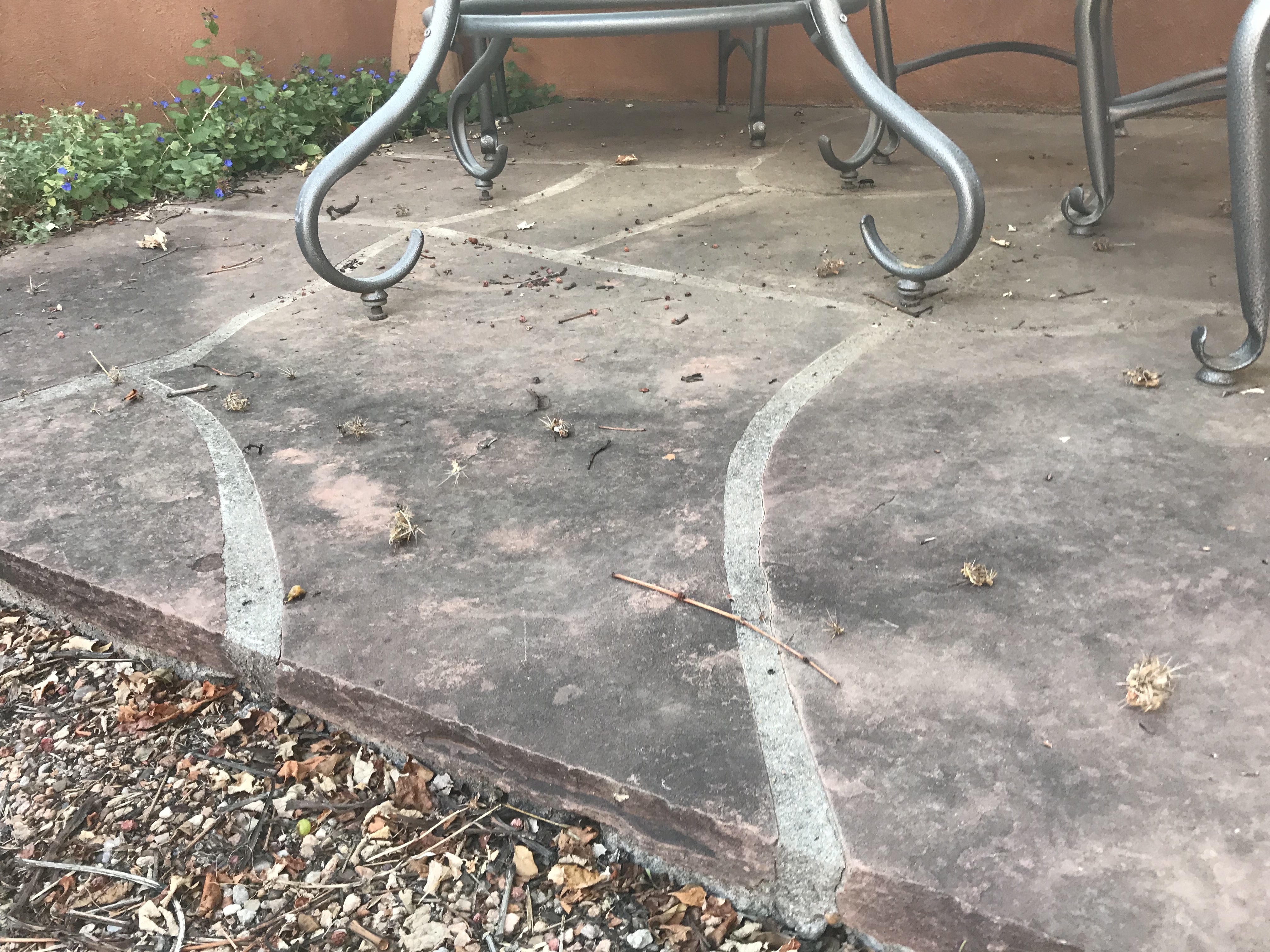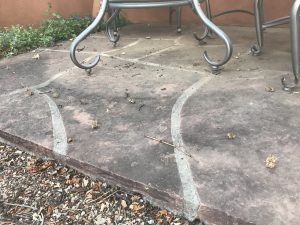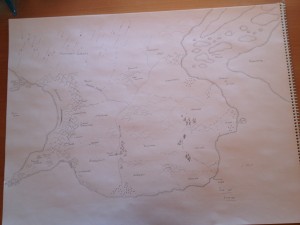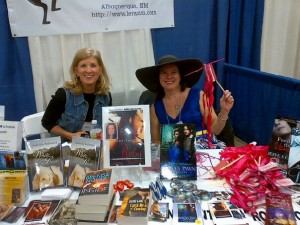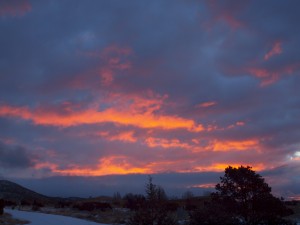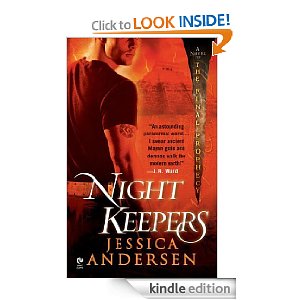 Apparently it used to be the anniversary for gifts of China, but that’s passé. We’re platinum now, baby! Ironic that silver and gold come later, but you can hit platinum at 20 years.
Apparently it used to be the anniversary for gifts of China, but that’s passé. We’re platinum now, baby! Ironic that silver and gold come later, but you can hit platinum at 20 years.
There’s a moral in that somewhere.
At any rate: today is our 20th Anniversary!
(cue screaming crowds)
In honor of this special milestone, I thought I’d share the title essay with you from my book, Wyoming Trucks, True Love and the Weather Channel. It’s about our first date, the one that took place 20 years ago today.
I wrote this some time ago and a lot has changed since then. Still, it’s a fun read.
Wyoming Trucks, True Love, and the Weather Channel
David warned me about the truck when he called for our first date. “I’ll have to pick you up in the race-beast, you know,” and he hesitated. I wondered what response he expected from me as I sifted through his deep, slow telephone voice for clues. Unaccustomed to being phoned up and asked to the movies in the first place, I felt on very uncertain ground reassuring him that the (“race-beast” did he say?) would be fine. The implication seemed clear that I knew about his car well enough to make an informed decision about riding in it and that any refined female might have reservations on the subject. The previous summer David had played on our co-ed softball team, “The Science Nerds,” and so I supposed that I had seen him come and go on wheels, but I hadn’t tucked away the sort of mental image he seemed to expect. I did suspect him of womanizing ways, a new divorcé out preying on tender young grad students, and so in my mind the race-beast took the shape of a sleek and sexy sports car, screaming seduction in every line and curve. Well, he had warned me and I would be ready.
Maybe not entirely ready for a brown ‘79 Ford pickup. Opening the front door to David, freshly shaven and handsome in his button-fly Levi’s and leather bomber jacket, I smiled, said hello and craned to look over his shoulder for the sports car I was to be wooed in. In the chill post-Super-Bowl party evening, the truck idled with the quiet and grace of an irritated water buffalo–ah, now I understood the “beast” part. David must have seen me eyeing the putative racing vehicle as he escorted me out to my sporadically choking and roaring chariot. Or he anticipated my reaction. “I did warn you,” he grinned down at me.
That grin proved to be my eventual undoing. My friends refer to David as “that man with the intense blue eyes and gorgeous smile.” Behind my back, I believe they discuss him as the reason I’ve never left Wyoming. He’s certainly the reason I now find myself occasionally navigating the race-beast around town.
In my early days in Wyoming, someone told me that there are more trucks registered in Wyoming than there are people living here. Taking into account that dozens of people around don’t own pickups, this implies that some people own dozens of trucks. Granted we do have the smallest population in the Union — as of the 1990 census we beat even Alaska — so we’re not talking millions of trucks. You do have to factor in the ranch concept — lots of ranches with many trucks. But it’s still an awful lot of trucks. When I called the Albany County Library to check this out, the reference librarian gently suggested that my pet statistic might be a popular myth. And she is correct. There were only 175,000 trucks registered as of July 1, 1996, which leaves 300,000 of us truckless.
* * *
“I would never move to Wyoming!” my college roommate yelled out her proclamation as she sat on the ratty couch in our St. Louis apartment, watching a tourism commercial for the state.
“And why would that be, Rachel?” I called back from my desk. I knew she had no personal experience farther west of the Mississippi than the city outskirts and she knew that I was considering graduate work in Wyoming. More than considering — I had pretty much decided upon it.
“Because once you move to Wyoming, you’re stuck. You never get out.” After ten years and a Master’s Degree, I have yet to escape.
* * *
David is not a cowboy, as many of my East Coast friends refer to him; actually he’s a fish pathologist. But his truck means as much to him as any trusty steed. The first vehicle he bought himself, the only real material good he salvaged from his divorce (except his traps and his stereo), this eyesore remains a source of pride and affection. He claims the annual elk hunt would be impossible without it — although he now uses my ‘82 Honda, Flash, to scout through the Snowies, as it consumes much less gas. Certain the truck becomes indispensable when the winter blizzards snow us in sufficiently David always happily turns the hubs in for four-wheel drive and barrels through the drifted streets, cackling manfully. He enjoys acting the part of the macho womanizer ever since I foolishly confessed my first-date thoughts. No one would guess the man fills his spare time reading Taoist philosophy and physics texts when he hollers out, “This shur is a fahn truck, w-man!”
Without the truck, our border collie, Cayenne, wouldn’t have her primary obsession. Riding in the pickup supersedes all other temptations for her, even food. She waits, almost patiently, by the front door, carefully not looking at the truck, unable to stand the anticipation. When the “OK” command releases her, she barrels at top speed, a black and white weasel shape burning through the two cottonwoods, arcing to the right (I won’t let David park the truck directly in front of the house we share) and flying in a single leap over the side, ready for the slower humans necessary to make it go. A dog in a truck — sometimes a gun too, but always bullets or empty shells rolling around — links a man to his heritage. It’s what his dad had up in Cody. Oh, and your girlfriend riding in the middle, so you can pat her on the thigh as you shift gears. That part is kind of nice.
* * *
For the true Wyomingite trucks (and other lesser autos) are an extension of the individual. David can recognize anybody by their vehicle. “Joe’s down at the Ranger again,” he’ll inform me. When I ask how he knows, he looks at me funny and replies, “Well, I saw his truck.” And woe to me if I happen to drive past the Red Buttes Environmental Station without noting who’s working. After all, it’s only a quarter-mile from the highway, and you can see the small dirt parking lot plain as day. As we drive down the street, David waves to passing cars. “Who was that?” I ask, spending more time looking back than forward. He always knows.
I think that I must not look at cars and trucks the way David does. I grew up in Denver, a place Wyoming people dread to motor through, and I know city traffic. In fact, I pride myself on being an excellent driver. My mother taught me, and she’s an excellent driver, too. We like to drive fast, decisively and efficiently. I have contempt for the hesitant motorist and no patience with the oblivious. Instead of looking at cars, I see spaces. Opportunities. I watch the gaps open and close, widen and lengthen. The people in the objects around me become less relevant than their speed and vector. I think this ability to focus is part of what makes me alert and confident behind the wheel. And it’s important to me to feel that way. At least, up until recently.
* * *
There’s an old saying that in our strengths lay the seeds of our downfall. Always reliable and with a spotless motor vehicles record, in high school I worked for a law firm as a runner. Zipping around the city in my little ‘76 hatchback — Folly, the Accord that preceded Flash — I could go to any address in the metropolitan area, usually by the fastest route. When I drove from college in St. Louis to New York for a wedding, my friend said not to worry about the city traffic because I would fit right in. This may not have been a compliment. I have navigated Chicago, Atlanta, LA, San Francisco, Boston. Black ice for 50 miles through northern Colorado couldn’t keep me back; and I’ve driven over Vail and Rabbit Ears Passes through blinding snowstorms. But I can’t drive that damned truck.
Occasionally I have no choice. Between us, we have three vehicles. But Flash’s battery died of neglect last winter and I put off buying another, afraid that a more severe problem would emerge. And the new Accord, Allan, that David and I bought together from the Allens who could no longer afford him, has to take David down to Greeley for class on Mondays. His truck guzzles too much for distances, and doesn’t handle all those curves fast enough through icy Telephone Canyon.
So one stormy evening last March, I had to drive the monster. Even though it was brutally cold out, I would have walked to workshop and wouldn’t have minded walking back through the snow at 10 pm. One of the things I like best about my town is that I can walk anywhere, even by myself, and at night, too. But I had errands to run; I grabbed the rented videos, my notebooks and critiqued stories, shouldered my purse and strode purposefully out to the beast.
* * *
A certain amount of bravado seems to help. Like a horse, this sort of truck senses fear. Carefully inserting the worn key in the eye-level door lock, I slowly turned it against the cold metal. David has warned me that the slightly twisted key could break off in the lock, especially in the -20 weather. Closing my eyes, I sent a brief supplication to the truck spirits, who I knew were awaiting the smallest error. It worked; the key emerged with only slight protest. After wrenching the door ajar, I tried to keep it propped open with my shoulder while levering my things up, pushing them as far as my arms could reach, to clear enough space to climb in. Usually the door closes over me, hopefully not too hard, and holds me up against the frame as I scrabble about. Fortunately I was wearing my black wool slacks, so I didn’t have to hike my skirts up to my crotch to make that first big step up. But as I stretched my right foot up to hip height, grabbing the steering wheel like the monkey bars at my grade school, I could feel the seam split down the back of my pants. Fine. My leather duster is long, I would just wear it for the next three hours.
If I sit on the very edge of the seat and stretch my left leg fully, I can just get the clutch down far enough to shift. The seat, of course, doesn’t come forward. No worries about seat-belts; they don’t work either. I gently revved the engine, tenderly attending to its every snort and growl. Apparently I tend to “wrap it up” too much, and so I have to work to balance letting the idle die or bringing the drive shaft through the floor. David assured me that this is not only possible, but very likely if I don’t lose my attachment to driving a working machine like it was a Honda. Perching forward, my chin practically on the steering wheel, I realized I looked like a little old lady. “There goes Ma Kettle, out for her Sunday drive,” my mother would exclaim impatiently as she passed the Impala hovering in the left lane. She never liked driving to my grandmother’s retirement community, because the traffic would slow so measurably as we approached, with “Little grey heads everywhere!” I felt for those little heads now, as I slowed for the stop sign half a block ahead because the brakes are so soft.
Shall I reveal the further banal details? How the gutter below the video return box sloped with ice, so I could maneuver my peevish tank only within two feet — too far to reach through the window, too close to open the door fully enough to get out. How the engine died as I crossed Third Street, forcing oncoming cars to wait as I nursed the brute back to life. That truck brought me to tears as I wobbled and hesitated down the icy street, and for the first time in my life I felt like a fragile female.
I broke my nails to the quick scratching a mugger in St. Louis and never thought to be afraid. I’ve traveled alone through a blizzard in eastern Colorado when they closed the interstate around us, stopping only to help a gal who had pulled over, too afraid to continue. I followed her into Limon and got us both hotel rooms. I am strong, capable and confident, but that unnameable truck brought me to my knees.
* * *
On my knees, the perspective is different. The small defeats in life take on greater proportions. Little choices, brief moments reverberate with endless sound and color. Feeling helpless and defeated, especially in, let’s face it, an exceedingly ridiculous situation, can be very useful to the efficiently arrogant. I find it interesting that it’s not necessarily the challenges we choose that teach the lasting lessons.
Living in Wyoming was never my intent. As a “greenie” — a local term for Coloradans with their green license plates — I had never given the state a specific thought. In fact, it seems that very few people give Wyoming a specific thought. I amuse and irritate myself now and then by watching the weather channel to see if the forecasters ever say the word “Wyoming.” I don’t have abundant free time for this dubious activity, but I have never once heard it. They say Great Plains, the Rockies, Denver, the Northern Plains. I’m sure I’ve heard the Dakotas discussed, Montana mentioned in passing and always ski reports in Colorado. I have heard Jackson Hole bandied about and sometimes Big Piney or Pinedale wins the national overnight cold spot award; but I remain unconvinced that anyone knows those places are in Wyoming.
It’s odd, and sometimes difficult, to live in a place that does not appear on the cultural map. Our department head once called Chicago to reserve Cubbies tickets for his upcoming visit. When giving his mailing address, the operator asked, “Now, Wyoming — Is that in the United States?” He replied that the sale to Canada had not yet been finalized.
We love to tell each other these stories. We share a mixture of delight at remaining undiscovered and righteous anger at the negligence of our countrymen. I have come to think a lot like a Wyomingite. I relish the difficulties of living here; I savor the beauty that strikes my heart and weakens my legs. I don’t like Senator Al Simpson, but I take a perverse pride in his obdurate methods. I work with people like him. If nothing else, they seem more alive, more rooted in the earth and daily living somehow, than the folk of other places. Some of us fight for the wilderness, some for improving our woeful economy through the energy industry, but to live here is to develop a deep love for the sere land and the challenges it poses, even when the challenges take the form of intractable trucks.
David became the immediate reason for me to stay and it seemed like a small choice at the time. A matter of a few months and a fling. But I’ve come to know this man as I’ve come to know Wyoming over a decade of my life. Yes, and the truck, too. And now I find that I like who I am here. A place that has brought me to my knees in both despair and wonder must have something to teach me. I am profoundly happy here. Growing, too.
I don’t drive the truck unless I have to. But I can do it. Mostly I enjoy insulting it whenever possible, while David sings its praises. When I argue that it is not a “woman-getting machine,” as he fondly calls it, David smiles equably and murmurs, “It got you, didn’t it?”
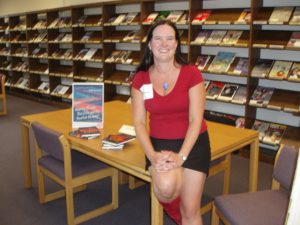
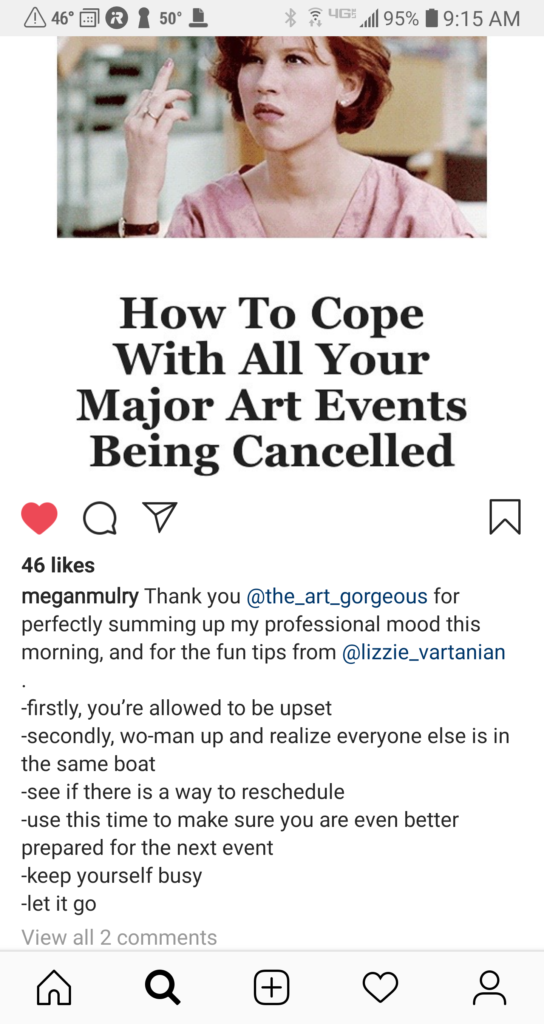
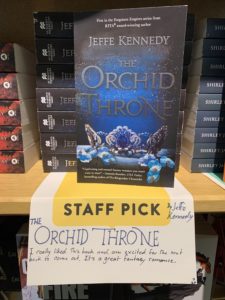 The first book in the trilogy, THE ORCHID THRONE, has been gaining traction with more and more people reading and recommending it. It was even a Staff Pick at Powell’s Books! Since I was planning to be in Los Angeles for SFWA’s Nebula Conference that week, I had planned for a release day party at The Ripped Bodice bookstore, then the mass autographing at the conference itself, then a jaunt for a signing at Mysterious Galaxy the following week – with maybe a little beach time in San Diego. I also have an event lined up at George RR Martin’s Jean Cocteau Cinema & Beastly Books on May 17 here in Santa Fe. Maybe those will still happen? We don’t know. But the Nebula Conference is definitely happening online.
The first book in the trilogy, THE ORCHID THRONE, has been gaining traction with more and more people reading and recommending it. It was even a Staff Pick at Powell’s Books! Since I was planning to be in Los Angeles for SFWA’s Nebula Conference that week, I had planned for a release day party at The Ripped Bodice bookstore, then the mass autographing at the conference itself, then a jaunt for a signing at Mysterious Galaxy the following week – with maybe a little beach time in San Diego. I also have an event lined up at George RR Martin’s Jean Cocteau Cinema & Beastly Books on May 17 here in Santa Fe. Maybe those will still happen? We don’t know. But the Nebula Conference is definitely happening online.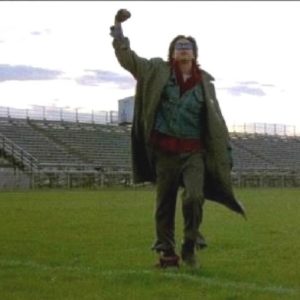
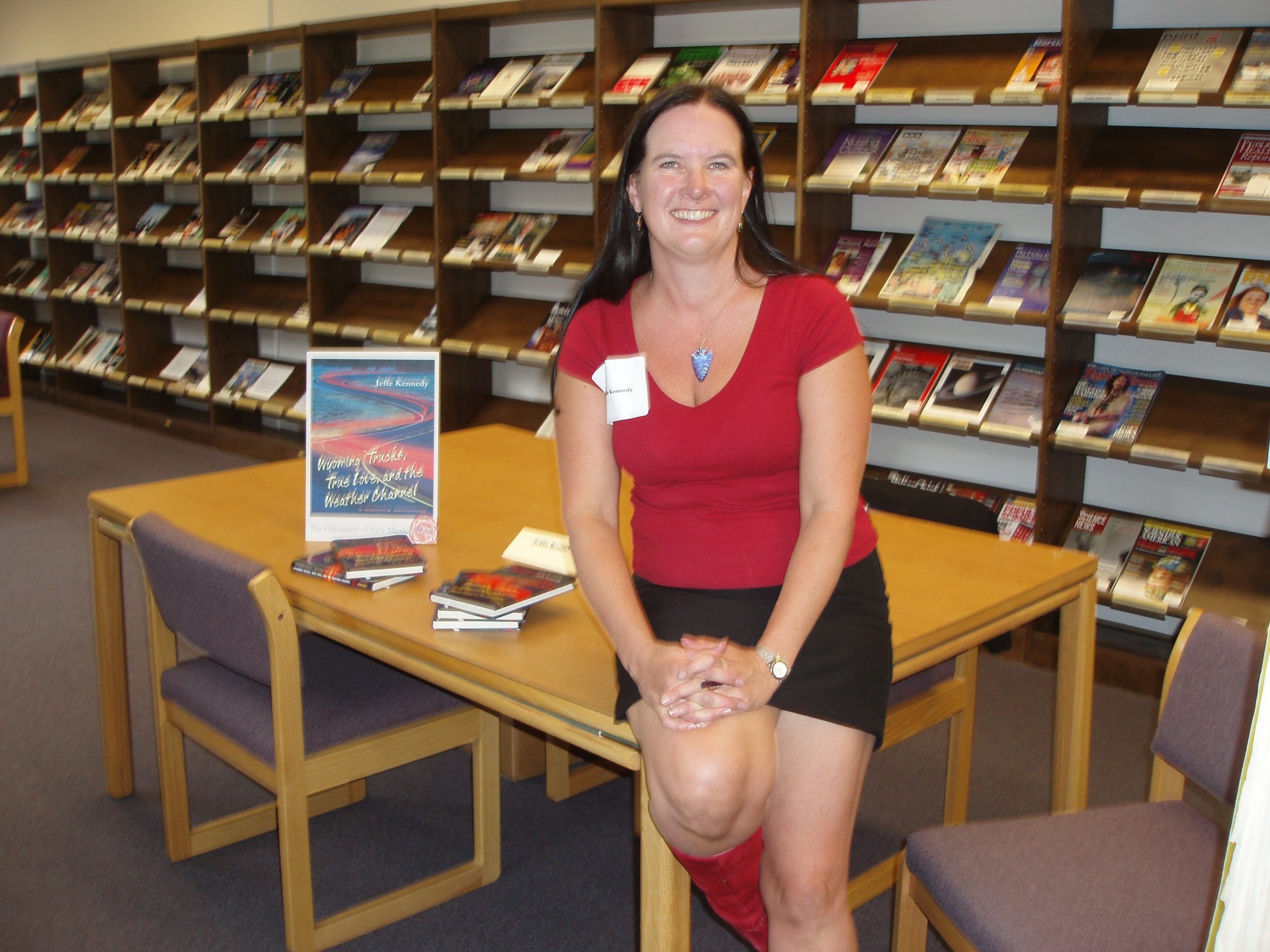
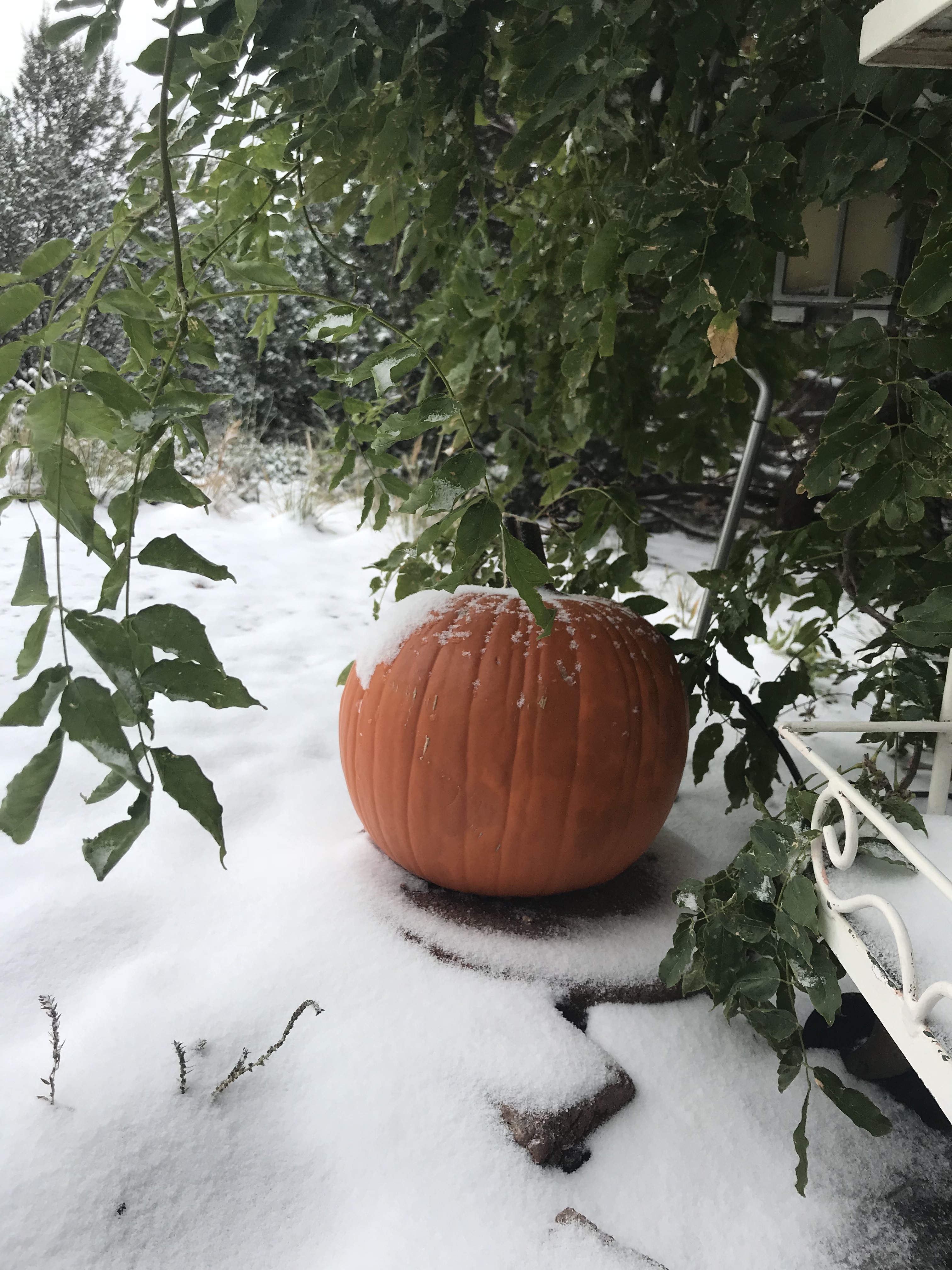

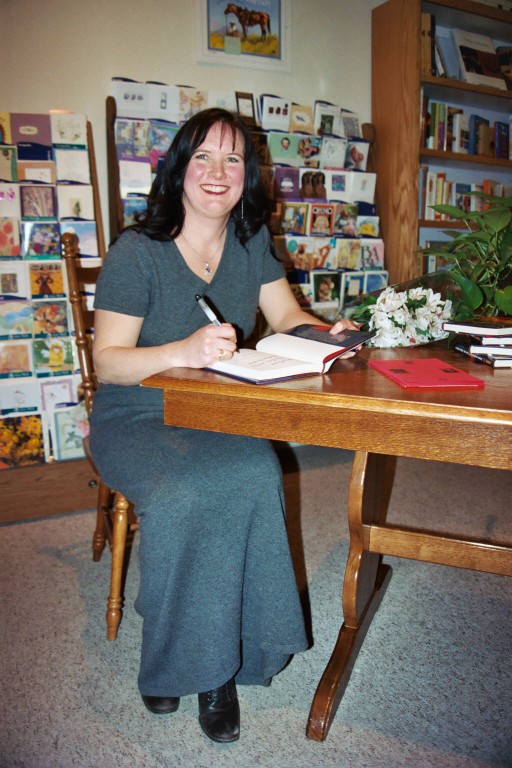
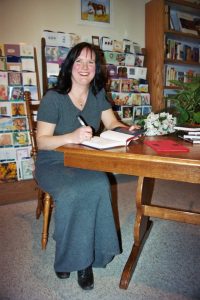 Our topic at the SFF Seven this week is “If I could go back to my Debut Year…” You can tell I didn’t suggest this one because I don’t believe in the “Debut Year.”
Our topic at the SFF Seven this week is “If I could go back to my Debut Year…” You can tell I didn’t suggest this one because I don’t believe in the “Debut Year.”